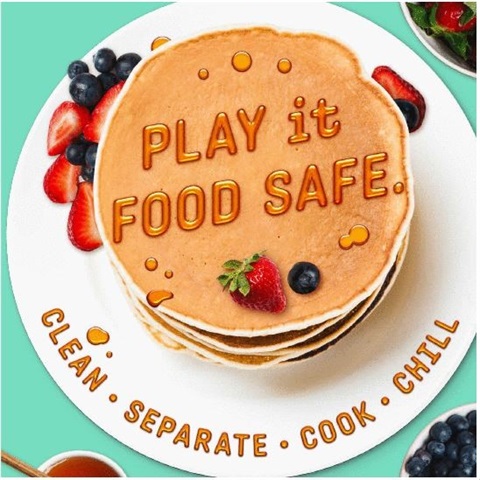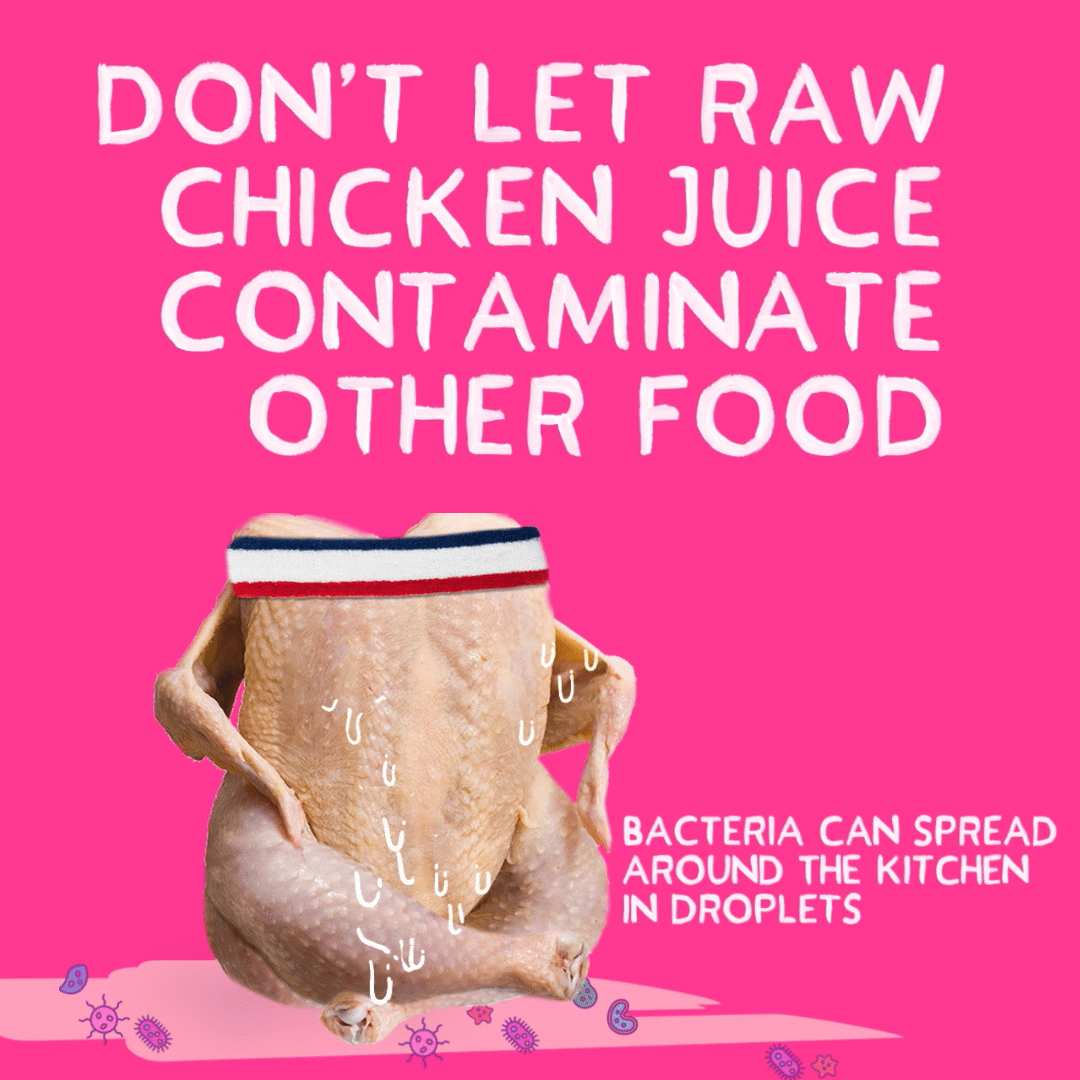Food Safety - It's in your hands
Published on 19 November 2020

Food Safety Week
Did you know that 4.1 million Australians get food poisoning each year? For most people this can mean a few days off work or school, but for some it can end up with a trip to hospital or can even be fatal. This Food Safety Week, reduce your risk of getting sick at home and in the community, and make sure your food safety skills are fresher than a mouldy mango milkshake!
At Home
Reduce your risk by following these five simple food safety tips:

- CLEAN – wash hands with soap and running water before handling food and between handling raw foods and ready to eat foods, wash up regularly, especially items which have been used for raw meat and poultry, and keep the kitchen surfaces and fridge clean.
- CHILL – keep the fridge at 5°C or below, refrigerate any leftovers as soon as they’ve stopped steaming and use within 2-3 days (or within one day for people at higher risk of foodborne illness including pregnant women, the elderly, and those with compromised immune systems) or freeze them immediately.
- COOK – use a thermometer and cook poultry, sausages, minced or stuffed meat dishes to 75°C in the centre; be aware of the risk of raw or minimally cooked egg dishes or look for the new pasteurised eggs. Follow any cooking instructions on the food packaging. Remember, microwave ovens can cook unevenly. Make sure you follow the recommended stirring and standing times before serving.
- SEPARATE – prevent cross contamination, especially between raw meat, seafood, fish or poultry and ready-to-eat foods like cooked meats, desserts and salads.
- DON’T COOK FOR OTHERS IF YOU HAVE GASTRO or feel unwell – you could make them sick too – so ask someone else to cook or get a takeaway.
And of course – Don’t forget to wash your hands!
In the Community
Don’t risk buying food from unregistered food businesses. Anyone selling food should display a Certificate of Registration, including people advertising food on social media, so that you can be confident you are purchasing food that is safe for you and your family.
Temporary food registration certificates are available for one off activities such as a sausage sizzle or cakes stalls.
A food business registered with the Shire of Broome will have a certificate that looks like the photo on the right. Businesses registered with other local governments will have similar certificates.
As a customer, you have a right to know where your food has come from and to expect that it will not negatively affect your health. Contact the Environmental Health team at the Shire of Broome if you have any questions or concerns about food businesses.